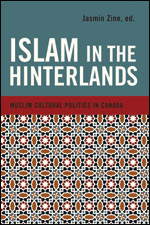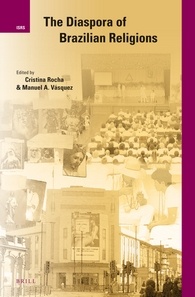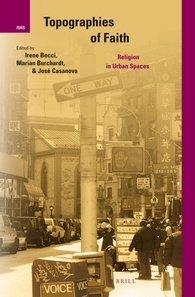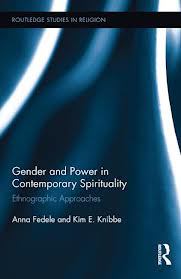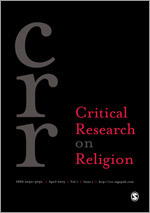Call for Papers
SCIENTOLOGY IN SCHOLARLY PERSPECTIVE First International Conference on the Study of Scientology (and Antoinism)
24-25 January 2014
Venue: Faculty of Comparative Studies of Religions (FVG) - Wilrijk (Antwerpen) Belgium Sponsor: Observatoire Européen des religions et de la Laïcité (The European Observatory of Religion and Secularism)
Compared with other New Religious Movements, Scientology was largely ignored by religious studies scholars for decades. Following the groundbreaking work of Roy Wallis, The Road to Total Freedom (1976), and Harriet Whitehead, Renunciation and Reformulation (1987), one had to wait more than two decades for the next academic volumes on the Church to appear, Scientology (2009), edited by James R. Lewis, and The Church of Scientology (2011), by Hugh B. Urban. There are now positive signs that more and more researchers are involved in researching issues raised by various aspects of Scientology.
The Observatory thus feels it is time to hold a major international conference to bring this new scholarship to light. We seek to bring together researchers working on Scientology in the fields of theology, sociology, philosophy, anthropology, literature, film et cetera, whether established academicians, doctoral students or master's students. This will be the first academic conference devoted exclusively to Scientology.
The topics listed below are meant to be suggestive rather than exhaustive: - Doctrinal characteristics - Healing and therapy - Sociological status: where does Scientology fits into the typology of religious groups? - Judicial issues addressing Scientology's religious status and ex-member lawsuits - Membership: numbers, growth, sociological profile - Recruitment, missions - Organization of the Church and its networks - Social and political conflict and exposés - Media coverage - Human rights and humanitarian programs run by the Church, etc.
The language of the conference will be English.
Organizing Committee: Chris Vonck, Professor of Religious Studies and Dean of the faculty of Comparative Studies of Religion at the University of Antwerp (Belgium); Bernadette Rigal-Cellard, Professor of North American Studies and Director of the Master's Program in Religious Studies at the Université Michel de Montaigne Bordeaux 3 (France); James R. Lewis, Professor of Religious Studies at the University of Tromsø (Norway); Regis Dericquebourg, Université de Lille-France, Group on the Sociology of Religion and Secularism-CNRS-Paris (France).
The committee will select papers based on their scholarly quality and non-partisan approach. Papers will be considered for publication, with editorial details provided during the conference. Keynote Speakers will be announced at a later date. Additionally, Information on housing, transportation and tours will be provided later.
Deadline for proposal submissions: 30 September 2013.
Send a 10 line abstract, with a 5 line résumé of your previous work to:
regis.dericquebourg@univ-lille3.fr
Antoinism - In order to benefit from the meeting of international scholars in Antwerp, the local organizers also plan a workshop on a major therapeutic new religion, Antoinism, which originated in Belgium at the beginning of the 20th century. To submit a proposal for the workshop, follow the same guidelines as set forth above.
